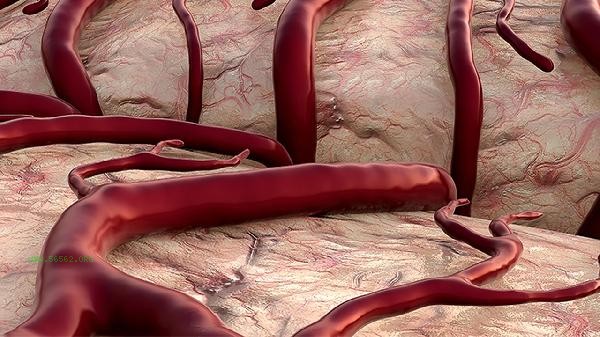Elevated eosinophils are not necessarily a blood disease, but may be caused by allergic reactions, parasitic infections, autoimmune diseases, drug reactions, or certain tumors.
1. Allergic reactions:

Allergic rhinitis, asthma, or food allergies can stimulate the body to produce an immune response, leading to an increase in eosinophils. This type of condition is usually accompanied by symptoms such as itching, sneezing, or difficulty breathing, which can be effectively controlled through antihistamines or glucocorticoid therapy.
2. Parasitic infection:
Parasitic infections such as roundworms and hookworms are common causes of elevated eosinophils. When parasitic larvae migrate within the body, they can trigger a strong immune system response, and blood tests may show a significant increase in the proportion of eosinophils. Diagnosis through fecal testing is necessary for deworming treatment. 3. Autoimmune diseases: Rheumatoid arthritis, systemic lupus erythematosus, and other diseases may lead to abnormal elevation of eosinophils. This type of disease can activate abnormal immune responses, often accompanied by joint swelling and pain, rash, and other symptoms in addition to changes in blood indicators, requiring immunosuppressive intervention.
4. Drug reactions:

Penicillin, cephalosporin antibiotics, or antiepileptic drugs may cause drug hypersensitivity reactions, leading to an increase in eosinophils. Usually, the indicators can gradually return to normal after discontinuation of medication, and in severe cases, anti allergic treatment may be required.
5. Tumor factors:
Hematological tumors such as Hodgkin lymphoma and chronic eosinophilic leukemia can directly lead to abnormal proliferation of eosinophils. This type of situation requires a bone marrow biopsy for a clear diagnosis and may require chemotherapy or targeted therapy.
When an increase in eosinophils is detected, it should be comprehensively judged in conjunction with other examinations. Suggest improving auxiliary diagnostic methods such as allergen testing, parasite screening, and autoantibody testing. Avoid contact with known allergens in daily life, maintain dietary hygiene, and regularly check blood routine. If the patient continues to experience symptoms such as weight loss and fever, it is necessary to seek timely medical attention from a hematology department to rule out malignant diseases. Moderate supplementation of vitamin C and Omega-3 fatty acids can help regulate immune function, but cannot replace formal medical intervention.










Comments (0)
Leave a Comment
No comments yet
Be the first to share your thoughts!